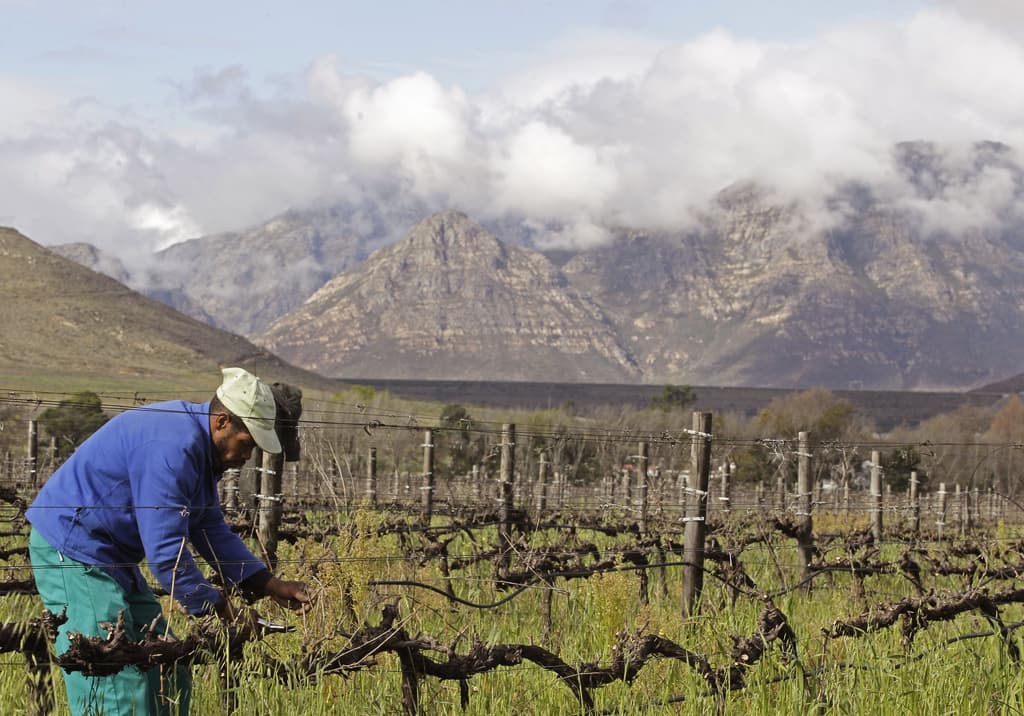The wines are sold at Systembolaget and may end up in a glass near you this summer. However, the production chain is marred by discrimination, threats of violence, and poor working conditions, reveals an investigation of several vineyards in South Africa.
Systembolaget claims to be aware of the problems.
Wages that are impossible to live on. Toxic pesticides. Mould and asbestos in worker accommodation. Union representatives who have dared to voice complaints – and been met with threats of violence.
The picture that emerges from Swedwatch's investigation of four major vineyards in South Africa is bleak – and confirms what has emerged in several previous investigations of the South African wine industry.
"It is extremely worrying testimony that we have received, not least the discrimination against, and threats towards, union activists and the exposure of workers to hazardous chemicals," says Alice Blondel, secretary-general of Swedwatch, in a press release.
Violence is commonplace
All the investigated farms are located in the Western Cape Province and are linked to producers whose wines are sold at Systembolaget. The report is based on interviews with 19 workers conducted by Swedwatch's local partner ILRIG (The International Labour Research and Information Group).
The interviews revealed, among other things, that union representatives who complained about living and working conditions were threatened by the farm owners – who also tried to persuade other employees to use violence against the union representatives.
"Unfortunately, violence, or threats of violence, against farm workers are all too common," says Shawn Hattingh, research leader at ILRIG, in the press release.
Systembolaget responds
All the interviewed workers said they struggled to support their families on the wages from the vineyards. Most were paid just over one euro per hour, according to the report. Furthermore, the workers' accommodation and working environment were characterised by a range of health risks: mould, damp, asbestos, and hazardous pesticides banned in the EU.
The testimonies show that the measures Systembolaget has taken so far to meet its responsibilities under international guidelines have been inadequate, concludes Swedwatch. The organisation also criticises the lack of transparency in the supply chain.
Systembolaget has taken note of the report. They claim to be aware of the problems described and say they are working continuously on the issues, according to Swedwatch.
Swedwatch is a non-profit and politically independent research organisation. The organisation's goal is to ensure that companies, investors, and states take responsibility for human rights and the environment and that rights holders can make their voices heard.
Since 2003, Swedwatch has conducted investigative work in over 40 countries and published more than 100 reports on companies' impact on human rights and the environment in various sectors.
Swedwatch's work is based on internationally recognised frameworks for human rights and the environment, international conventions, and other voluntary frameworks.
Source: Swedwatch






